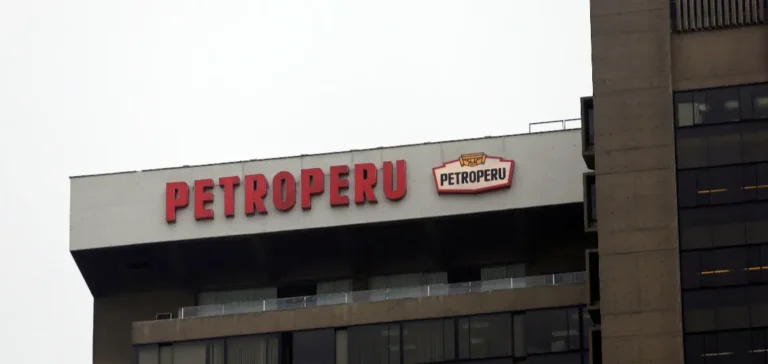The Peruvian government has appointed a new chairman and three board members at Petroperu through an expedited process, relying on Emergency Decree DU 004-2024 and Law 32103. These legal tools grant the Ministry of Economy, the Ministry of Energy and the Fondo Nacional de Financiamiento de la Actividad Empresarial del Estado (FONAFE, national fund for public enterprise financing) exceptional powers to restructure the governance of the national oil company.
Centralised governance to address financial emergency
This move comes amid a severe liquidity crisis. Petroperu recorded over $800mn in net losses in 2023, and the company projects an additional $2.5bn in funding needs for 2025. The state granted a $800mn sovereign guarantee for a short-term loan from Banco de la Nación, secured by Petroperu’s real estate assets, with the possibility of sale through PROINVERSIÓN in case of default.
Rating agencies (Fitch, S&P Global) have successively downgraded Petroperu to speculative grade, citing a weakened capital structure, uncertain profitability from the Talara refinery, and growing reliance on public support. The emergency decree explicitly states that the company is currently unable to access private financing, justifying sovereign intervention.
Amazon crude revival and Talara ramp-up
Petroperu is working to restart production at Amazon oil blocks 8 and 192 to secure local crude flows to Talara, the $6.5bn upgraded refinery. For block 192, five companies are in negotiations, including PetroTal and Upland Oil & Gas, with an initial target of 12,000 barrels per day, increasing to 21,000 barrels per day.
These projects face a heavy legacy of pollution and ongoing community opposition. Since 2011, more than 560 environmental violations have been documented in the affected areas. The new board must manage these tensions while overseeing Talara’s operational ramp-up.
Increased control, limited board independence
The appointments of Luis Alberto Canales Gálvez (chairman), Elba Rosa Rojas Álvarez de Mares, Jesús Valentín Ramírez Gutiérrez, and Óscar Gerardo Zapata Alcázar were made without public calls for candidates. Law 32103 and DU 004-2024 allow such exemptions from standard procedures. The general assembly must later validate the “independent” status of the directors, but this post-appointment review weakens the perception of board autonomy.
The previous board had initiated a restructuring plan with consultancy Arthur D. Little, but execution was hindered by political turnover. The current reshuffle is viewed by several market observers as an attempt to install an “execution board” tasked with implementing state-driven measures.
Geopolitical stakes and legal risks
Petroperu remains central to Peru’s energy security, controlling up to half of the fuel market in some regions. Any operational breakdown could trigger social and economic tensions. The state seeks to prevent Petroperu’s failure while limiting its fiscal exposure.
Legally, the company is not under international sanctions, but its environmental track record and high-risk profile expose it to contract-based restrictions. Banks and traders may revise commitments, demand stronger guarantees or early termination clauses.
Market signal and future uncertainties
The board reshuffle facilitates the release of emergency credit lines and signals internal alignment on austerity and restructuring (capex cuts, asset sales, cost review). However, to institutional investors, Petroperu remains marked by governance instability, limited transparency, and operational overhang.
The Talara + Amazon recovery agenda could eventually reopen the question of partial privatisation, which was raised but not confirmed. For now, the state-driven approach offers no clear pathway to private market confidence.






















